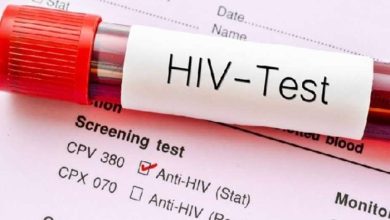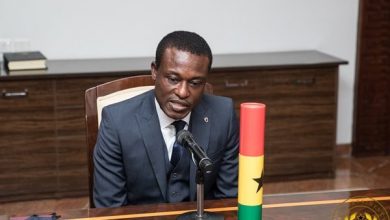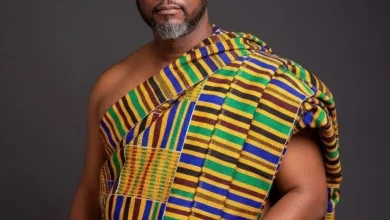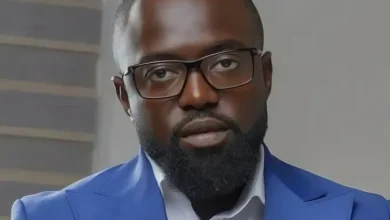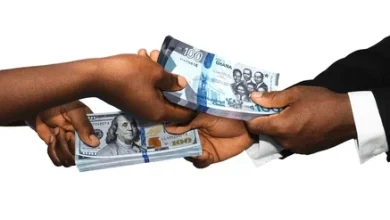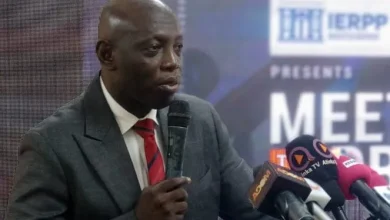Resetting the Nation: The Pivotal Role of Moral Authorities in Ghana
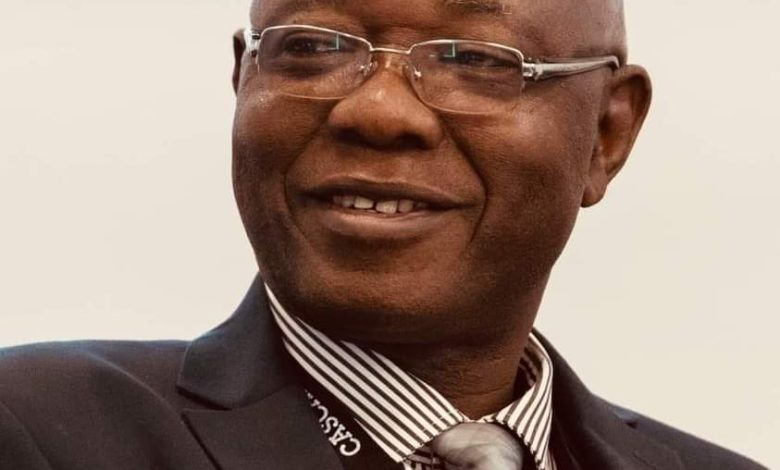
In recent times, Ghana has witnessed a troubling decline in governance, economic stability, and social cohesion. The 2024 Afrobarometer survey and the Mo Ibrahim Governance Report revealed glaring issues of misgovernance, including increasing corruption, weakened institutions, and a growing mistrust of public officials. These findings underscore the urgent need for a national reset—a comprehensive renewal of values, systems, and leadership to address the moral and governance crisis undermining Ghana’s progress.
Amid this backdrop, President John Dramani Mahama’s campaign pledge to “reset the nation” resonated deeply with most Ghanaians, leading to his landslide victory. His promise to tackle corruption, rebuild institutions, and restore trust in leadership inspired hope across the country, signalling a collective desire for a fresh start. However, while leadership change is a crucial first step, the success of this agenda will depend on the active role of moral authorities—religious leaders, traditional rulers, the media, academia, and distinguished public servants—in supporting and holding the new administration accountable.
The Decline of Moral Leadership
Historically, Ghana’s moral authorities have shaped societal values, guided governance, and promoted national unity. Religious leaders inspired the fight for independence, traditional rulers were custodians of justice and equity, and public servants upheld integrity in service. However, over the years, the moral authority of these groups has been increasingly questioned. Complicity in political corruption, silence in the face of injustice, and the pursuit of self-interest have eroded their credibility.
This erosion of moral leadership has normalised corruption, bred institutional dysfunction, and created a culture of impunity. At its core, Ghana’s governance crisis is a moral problem: leaders and citizens alike have shifted their focus from the common good to self-interest and short-term benefits. Resetting the nation demands a revival of moral integrity across all sectors of society.
The Role of Religious Leaders
Given Ghana’s deeply religious nature, religious leaders have unparalleled influence. Churches, mosques, and other religious institutions must serve as platforms for civic education, emphasising ethical responsibilities for leaders and citizens. Religious leaders should avoid criticising poor governance or addressing corruption within their congregations. Instead, they must champion transparency, justice, and equitable resource distribution.
Religious leaders should also work across denominations and faiths to unite their influence in fostering a culture of accountability and upholding moral standards, regardless of political affiliations.
The Role of Traditional Rulers
Traditional rulers, as Ghanaian culture and heritage custodians, have a unique role in mediating between grassroots communities and national governance. Their influence can be harnessed to promote fairness, accountability, and service to others. By maintaining neutrality and avoiding partisan politics, traditional rulers can champion reforms that address systemic corruption, land disputes, and social inequities as a bridge between citizens and government.
The Role of the Media
The media, often called the fourth estate of the realm, plays a critical role in holding power to account. In Ghana, the media must rise above sensationalism and political bias to fulfil its watchdog role. Investigative journalism, such as the groundbreaking work by Anas Aremeyaw Anas, has exposed corruption at the highest levels of government. Such efforts must be supported and expanded to cover other areas of national interest.
Media houses must also prioritise civic education by providing platforms for meaningful governance, ethics, and dialogue on national values. By highlighting leaders’ successes and failures, the media can shape public opinion and foster a culture of accountability. Furthermore, the media must avoid becoming complicit in spreading propaganda or misinformation that undermines national cohesion.
The Role of Academia
Academia is a powerful tool for nation-building, offering evidence-based research, policy recommendations, and thought leadership. Ghanaian universities and research institutions must step up to provide solutions to the nation’s pressing challenges. Scholars should actively engage in public discourse, using their expertise to analyse governance, propose reforms, and educate future leaders on the importance of integrity and service.
Figures such as Professor Akilakpa Sawyer exemplify the intellectual rigour and ethical dedication that academia can contribute to nation-building. Universities should integrate ethics, leadership, and governance into their curricula to shape a new generation of leaders with strong moral foundations. Moreover, academic institutions must partner with civil society and government to drive innovative solutions to national problems, from economic development to institutional renewal.
The Role of Distinguished Public Servants
Ghana has a rich history of distinguished public servants who embody integrity, professionalism, and dedication to the nation. Figures like Professor Akilakpa Sawyer have set examples of what public service should be: a commitment to the common good. In resetting the nation, current and former public servants must leverage their experience and credibility to advocate for reforms and mentor the next generation of leaders.
Public servants must also champion ethical behaviour within their institutions, refusing to participate in corrupt practices or enable inefficiency. Demonstrating accountability and professionalism can restore public confidence in government institutions and inspire others to follow suit.
Partnerships Across Sectors
Moral authorities—religious leaders, traditional rulers, the media, academia, and public servants—must collaborate to reshape Ghana. Working with civil society organisations, these groups can form a formidable coalition to demand accountability and advocate for systemic reforms. Their collective voices can influence policies, promote transparency, and challenge the culture of corruption that has plagued the nation.
Building a Moral Social Contract
Resetting Ghana requires a new social contract grounded in shared moral values and ethical governance. This contract must redefine the relationship between citizens, leaders, and moral authorities. It should promote shared responsibility, where citizens demand accountability, leaders govern with integrity, and moral authorities act as impartial arbiters.
Educational institutions, cultural platforms, and religious organisations must work together to instil these values in citizens early on. By cultivating a culture of civic responsibility, Ghana can nurture a generation of leaders and citizens who prioritise the nation’s welfare over personal gain.
In conclusion, Ghana’s desperately needed moral reset cannot be achieved without the active involvement of its moral authorities. Religious leaders, traditional rulers, the media, academia, and distinguished public servants have unique and complementary roles. These groups can inspire the transformative change Ghana requires by championing ethical governance, fostering national unity, and holding leaders accountable.
President John Dramani Mahama’s pledge to reset the nation has created a renewed sense of hope. Still, its success will depend on collaboration, vigilance, and the commitment of all stakeholders to uphold the principles of integrity and service. This collective moral revolution, grounded in shared values and ethical leadership, can potentially reset Ghana and position it as a global model of integrity, democracy, and sustainable development. The time for action is now, and all Ghanaians are responsible for demanding and embodying the change they wish to see.
By Akwasi Opong-Fosu


